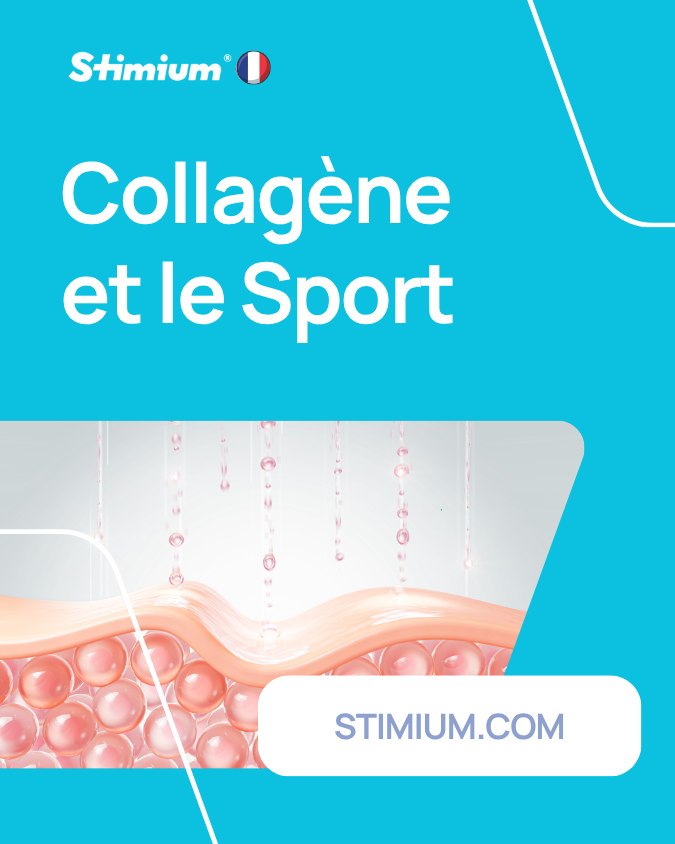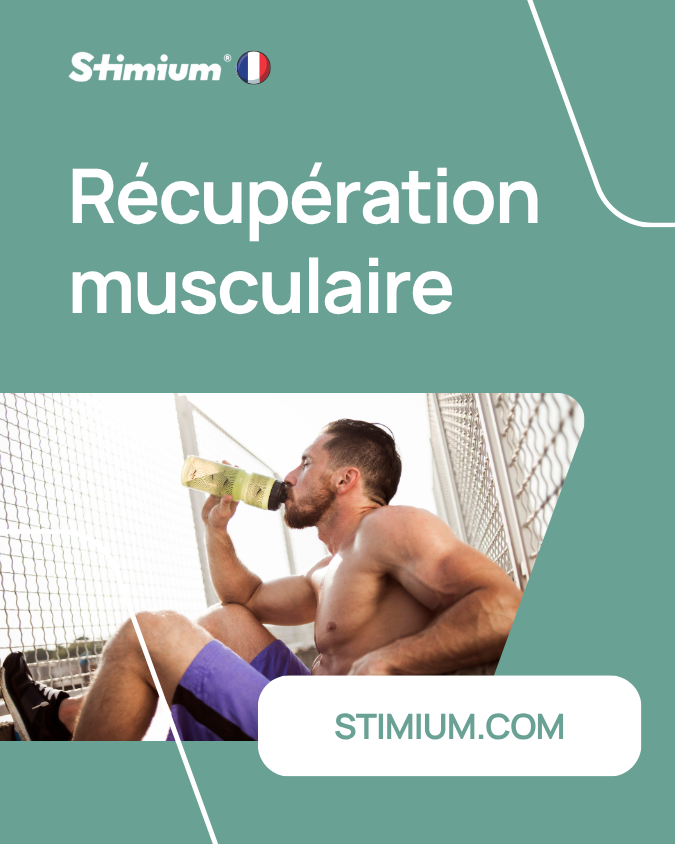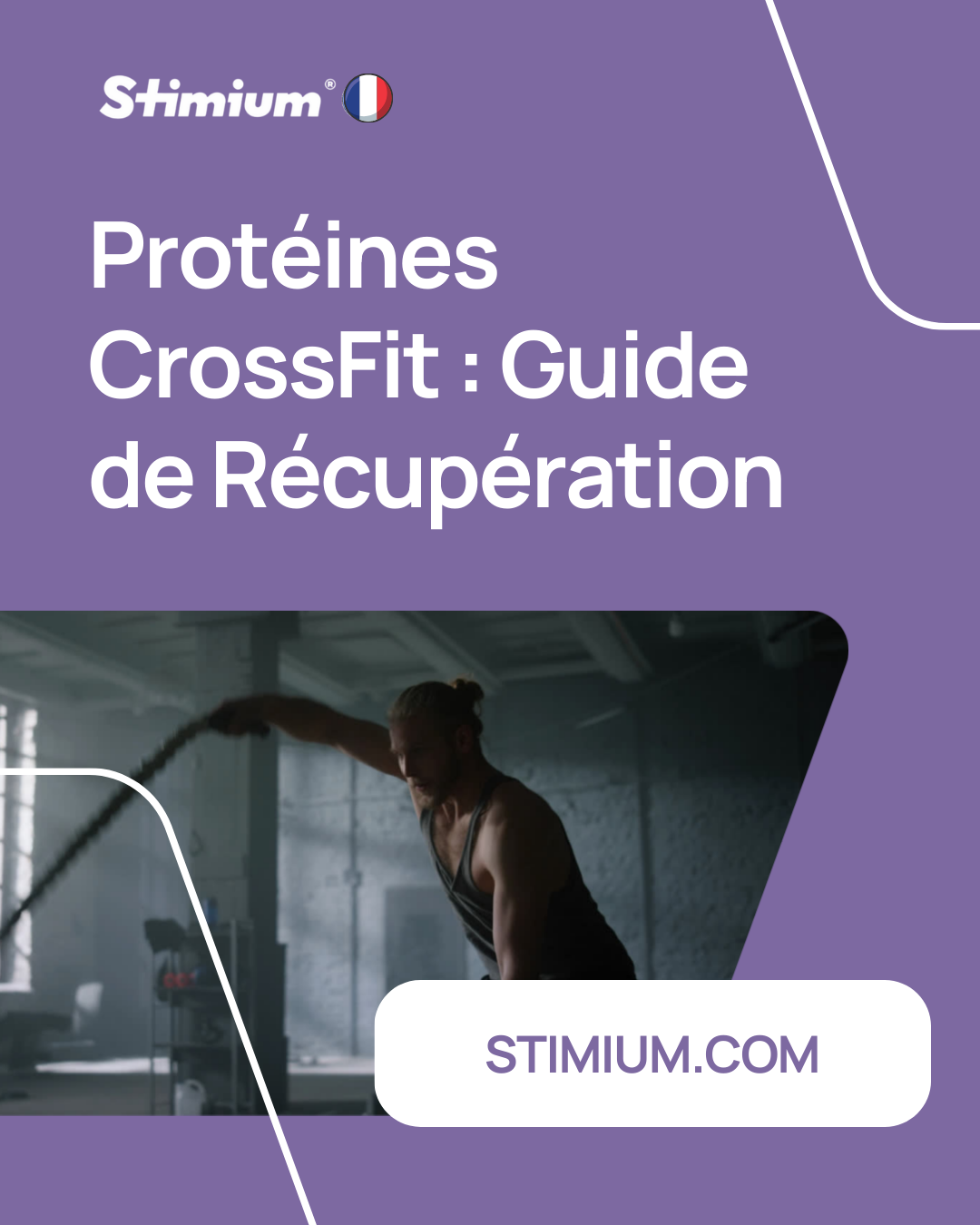Are pregnancy and sport compatible?
Pregnancy is a particular period during which the body changes intensely and which therefore changes sports routines.
Depending on the trimester of pregnancy, your state of health and above all in agreement with your doctor, sports activities must be adapted.
At the start of pregnancy, it is possible to continue some of your activities by banning activities that could cause a fall (skiing, horse riding, etc.), shocks (ball sports such as tennis, basketball, etc.) as well as combat sports (karate, taekwondo, judo). Other sports should be banned, such as mountaineering and diving, which can harm the fetus.
Sports that may seem gentler should also be avoided (at least at a certain stage of pregnancy) because they cause jolts and vibrations: running and cycling for example.
However, as it is important to continue exercising during this period to:
- Maintain abdominal muscles
- Relieve tension (especially in the back)
- Promote venous return
- Stay strong to prepare for childbirth by increasing your respiratory performance
- Promote psychological well-being and eliminate anxiety
Practicing physical activity is therefore beneficial for health during pregnancy. In general, the sports recommended during pregnancy are those that are gentle on the joints, do not involve violent contact, falls or sudden movements, and that allow normal breathing to be maintained, among which we will find:
- Walking : it is a simple and effective activity that can be practiced throughout pregnancy.
- Swimming : This activity is ideal for pregnant women as it reduces pressure on joints, promotes blood circulation and improves endurance.
- Yoga : Yoga can help maintain good flexibility and reduce stress during pregnancy. There are specific classes for pregnant women that offer adapted postures.
- Pilates : Pilates can help strengthen your back and pelvic floor muscles, which can be beneficial during pregnancy and childbirth.
- Light weight training exercises : if you are already used to lifting weights, you can continue to do so during pregnancy, but avoid heavy loads. The same goes for crossfit or bodycombat, the pace of which will necessarily be lower.
When it comes to nutrition, the rule remains the same whether you are a man, a pregnant woman or not, a healthy and balanced diet is essential and even more so during this period of pregnancy, knowing that the Nutritional needs may be even greater for those who will continue to practice a sporting activity. Here are some important nutrients to consider for pregnant women who exercise regularly:
Protein : Protein is essential for baby's growth and development, as well as for mom's post-exercise muscle recovery and repair. Sources of protein include meat, fish, legumes, nuts and seeds, but also intake via dedicated supplementation, for example by taking a protein concentrate , or by taking a protein isolate . or again and it is used more and more, by taking a vegetable protein , knowing that for women who will be put off by the shaker (and there are some, just like men), we find also proteins in the form of bars .
Carbohydrates : Carbohydrates provide energy for exercise and are also an important source of nutrients for the baby's growth and development. Sources of carbohydrates include fruits, vegetables, whole grains and legumes. Here again, for women who continue physical activity during their pregnancy, we recommend the consumption of "good sugars", such as maltodextrin, which can be consumed during sport in the form of gums , powders, for example in a health drink. effort , or a preparation/recovery drink like MC3 Powder .
Omega 3 fatty acids : Omega-3 fatty acids are important for the development of your baby's brain and nervous system, as well as cardiovascular health. Sources of omega-3 fatty acids include fatty fish like salmon and mackerel, as well as nuts and seeds. Good for the mother as for the baby, we recommend Omega 3 in high doses to avoid having to multiply the doses, therefore a dosage of 1000 mg possibly, with a good concentration of EPA and DHA which are the 2 components of the health benefit of these fatty acids. The recommended product will notably be OMG3 .
Iron : Iron is important for preventing anemia and helping carry oxygen around the body. Sources of iron include red meat, spinach, lentils, beans and fortified cereals. For the mother, we will advise her to take exogenous iron, in the form of food supplements, or even increasingly, via an iron injection between the 6th and 8th months. Supplements based on iron alone can be difficult to digest, we can also recommend multivitamins and minerals which will include a dose of iron, without disrupting the digestive system.
Calcium: Calcium is important for the growth and development of your baby's bones and teeth, as well as maintaining the health of your own bones. Sources of calcium include milk, yogurt, cheese, tofu and leafy green vegetables. It will also be found in proteins , but also in certain vitamin products , and especially in spirulina , which is the natural product probably containing the most minerals, vitamins and anti-oxidants which are excellent for both a mother and a baby.
Furthermore, to reassure women in their choice to continue to be active during their pregnancy, when this remains possible, it would seem from reading various studies that women who continued to practice sporting activities during their pregnancy have less risk of give birth by cesarean section.
In conclusion, pregnancy and sport are absolutely not incompatible. An adaptation will obviously be necessary for the high-level athlete who practices her sport at high intensity every day, but for most mothers, a simple adaptation will be necessary. Practicing physical activity will be excellent for their own health, as well as that of their child. So there is no need to hesitate, the sneakers can remain out during these very special 9 months.







